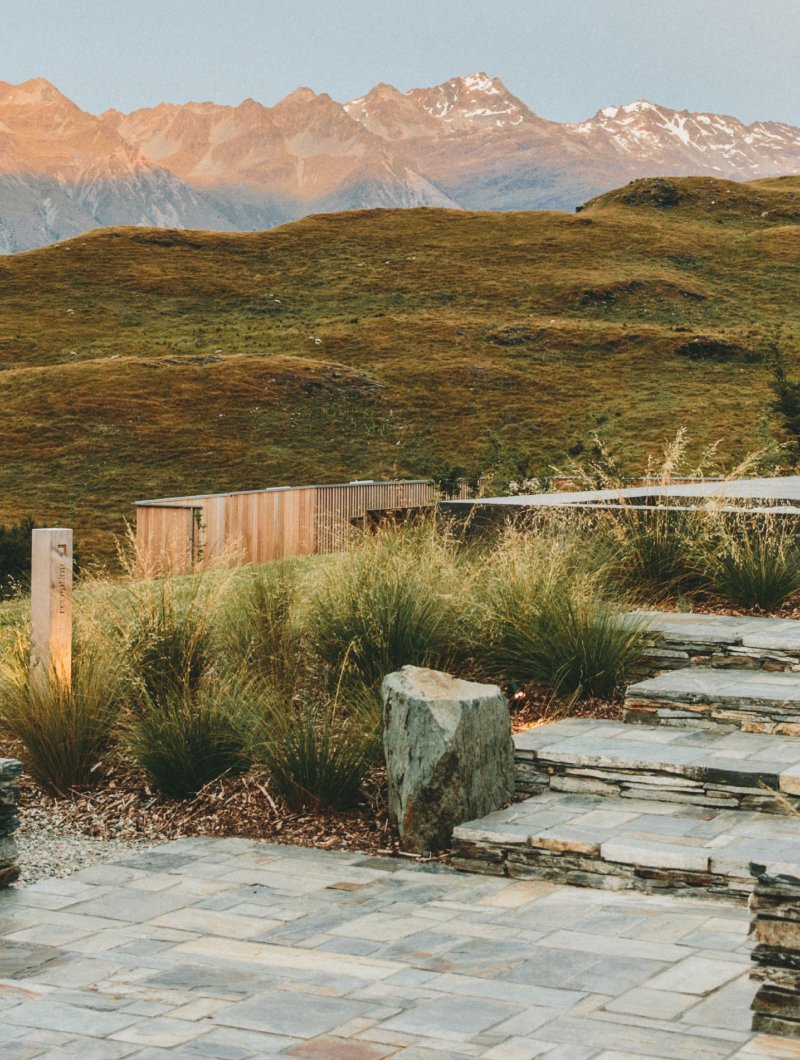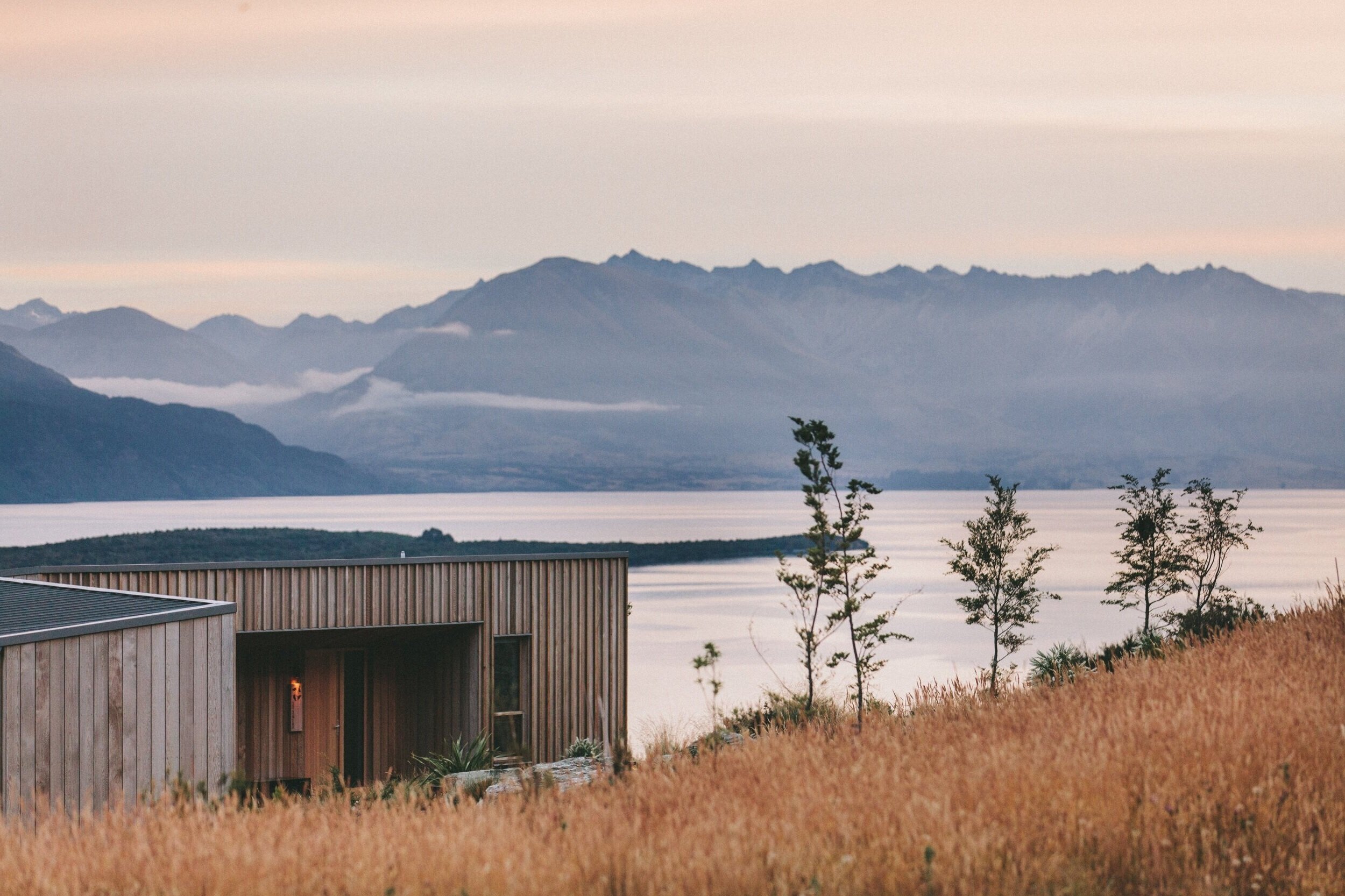IN THIS LESSON
Real estate isn’t just about buying and selling homes in one country
— it’s happening all over the world! But how real estate works can be different depending on the country you’re in. It’s like playing on different maps in a game — each country has its own rules, challenges, and opportunities when it comes to buying and selling properties. Let’s explore how real estate works in different parts of the world and discover the fun differences in how people buy and sell homes!
Different Ways to Buy and Sell 🏡💰
Every country has its own way of handling real estate transactions, from how people find homes to the types of loans they use. While the process is similar in many places, there are some unique differences that make real estate in each country exciting and interesting — kind of like switching game modes!
How buying and selling works:
In the U.S.: Buyers often work with real estate agents who help them find homes and negotiate prices. Most people use mortgages (loans) to buy a house, paying a portion upfront and the rest over time.
In Japan: Real estate agents are also important, but many people buy homes in cash, meaning they pay the full price upfront. Homes in Japan tend to lose value over time, which is very different from other countries.
In Brazil: Home prices can be very high, so buyers sometimes purchase homes in installments, paying the price over many years, a bit like using a layaway system in a game.
Types of Homes Around the World 🏠🌍
Not every country has the same kinds of houses. In some places, people live in apartments in tall buildings, while in others, they might live in detached homes with large backyards. It’s like how different games have different types of bases or headquarters!
Examples of different homes:
In the U.S. and Canada: Many people live in detached houses (single-family homes), where each house stands on its own piece of land.
In European cities like Paris and London: Apartments in old buildings are more common, especially in big cities where space is tight.
In Hong Kong: Space is so limited that people often live in skyscraper apartments, which can be very small but have great views.
Fun exercise:
Pick two countries and compare the types of homes people live in. Which country has more apartments, and which has more houses with yards?
Real Estate Prices: Expensive vs. Affordable 💸🏘️
One of the biggest differences in real estate around the world is the price of homes. In some cities, homes are super expensive, while in others, you can buy a house for a lot less. It’s like different items in a game shop — some are really costly because they’re rare, while others are more affordable.
Where homes are expensive:
New York City: One of the most expensive cities in the world for real estate! A tiny apartment can cost millions of dollars because the demand is so high.
Tokyo, Japan: Real estate in the city can also be very expensive due to limited space, but homes in rural Japan are much cheaper.
Where homes are more affordable:
Brazil: In some areas, you can buy large homes for much less than in big U.S. cities.
Portugal: A popular place for affordable real estate in Europe, where people can buy vacation homes near the beach for lower prices.
Fun exercise:
Pick a city from two different countries and compare the average home prices. Which place is more expensive? Why do you think that is?
Owning Land vs. Leasing It 🌳🏡
In some countries, people can own land just like they own the house on it, while in other countries, people lease the land from the government or a private company. This is a bit like renting a base in a game versus owning it!
How it works:
In the U.S.: Most people own both the land and the house when they buy property.
In China: People can buy homes, but they lease the land from the government for up to 70 years. After that, the lease can be renewed or changed.
In the U.K.: There’s a mix! Some homes are on land that is owned, while others are on leasehold land, meaning the homeowner rents the land for a long period (sometimes up to 999 years).
Fun exercise:
Look up the difference between owning land and leasing land. What are the benefits of each? Which one would you prefer if you were buying a home?
Sustainable Real Estate 🌍💚
Many countries are now focusing on building eco-friendly homes and communities to help protect the planet. Sustainable real estate means creating homes that use less energy, conserve water, and are made from environmentally friendly materials. It’s like building a green base in a game that runs efficiently and helps the environment!
Examples of sustainable real estate:
In Denmark: The city of Copenhagen is known for its focus on green building. Many homes use solar panels and wind power to reduce energy use.
In Australia: Builders are focusing on creating homes that conserve water and use materials that don’t harm the environment.
In the Netherlands: There are floating homes designed to deal with rising sea levels while also being energy efficient!
Challenges in Real Estate Around the World 🌍🔍
Just like in a game where each level has its own challenges, real estate in different countries comes with its own set of obstacles. Some countries face issues with housing shortages, while others have to deal with natural disasters that affect property values.
Examples of challenges:
In California: Earthquakes are a big concern, so houses need to be built to withstand them.
In Brazil: High property taxes can make owning a home more expensive than it seems at first.
In Japan: Because houses lose value over time, many people build new homes instead of buying older ones.
Fun Real Estate Facts from Around the World 🌏💼
Real estate is different everywhere, and some countries have fun and interesting facts about how they buy and sell homes. It’s like discovering hidden secrets in a game that you didn’t know about before!
Fun facts:
In Australia: Homes are often sold by auction, where buyers bid against each other in real time.
In Italy: You can sometimes buy a house for just 1 euro in small towns trying to attract new residents — but there’s usually a catch!
In Canada: Some homes come with land rights for owning parts of lakes or forests, making them perfect for nature lovers.
-
Add a short summary or a list of helpful resources here.





